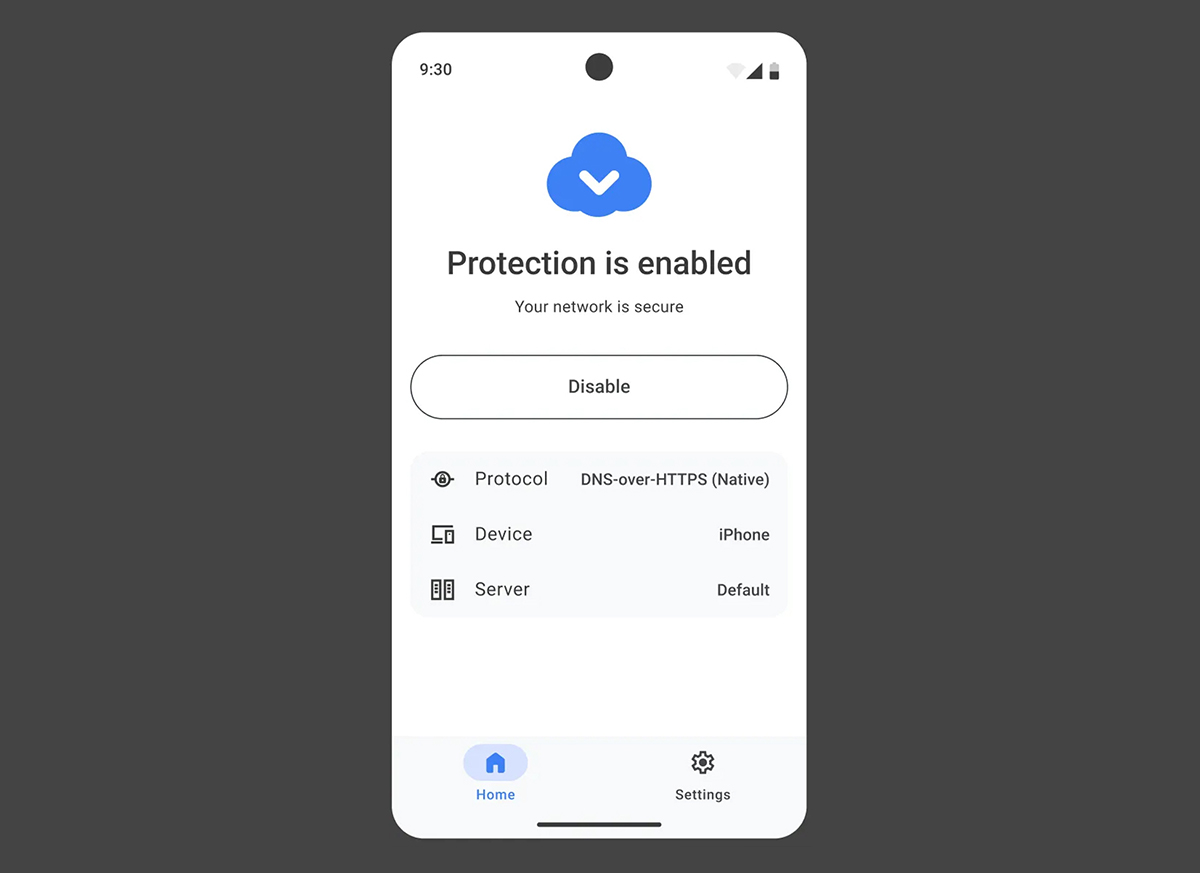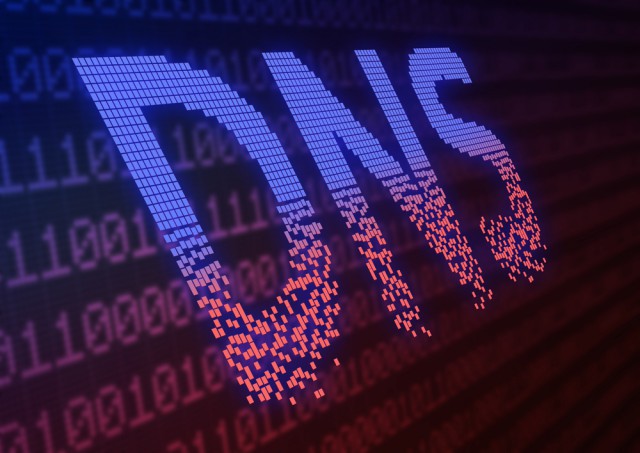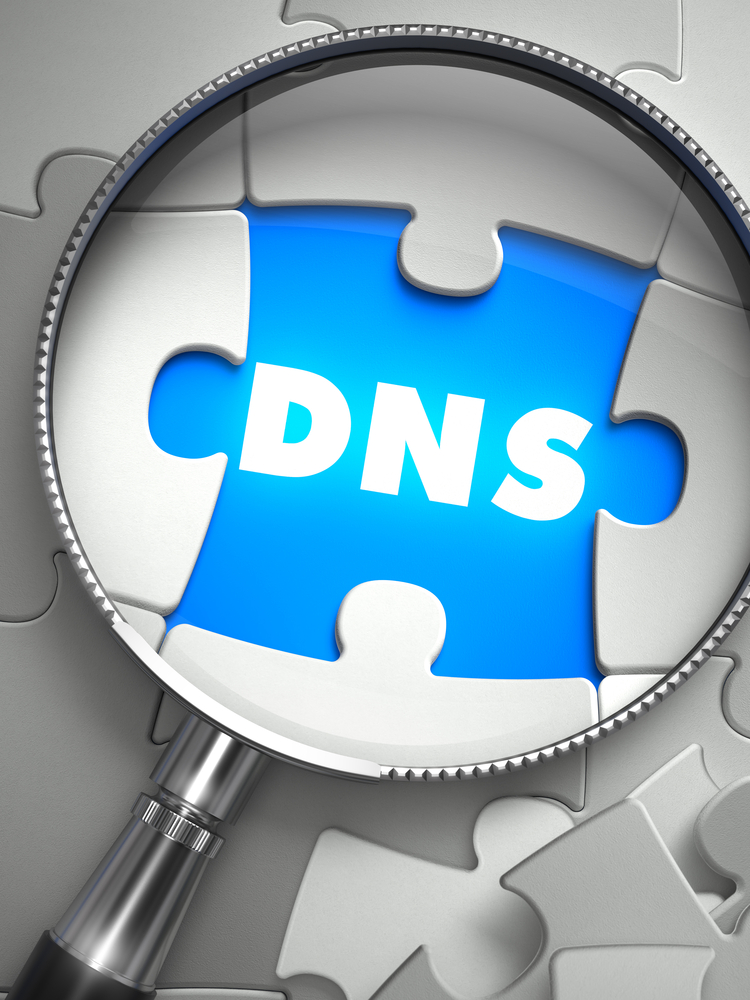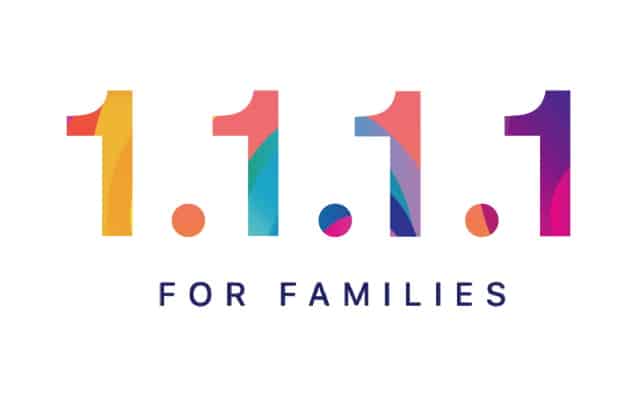
AdGuard launched AdGuard DNS, a lightweight DNS app for Android and iOS
AdGuard has released a mobile app for DNS-level protection on iOS and Android, offering a simple way to block ads, trackers and harmful sites via encrypted DNS. AdGuard DNS targets users who want network-level filtering while avoiding the complexity of full ad-blocking or VPN tools.
The app is easy to set up and use. After installing it, users can link a device to their AdGuard DNS account by entering a Setup ID from the dashboard or by scanning a QR code.

Dissecting the latest DNS-based attack trends -- What we're seeing and how to get ahead
As the foundational component of the internet, DNS has been around for over 40 years and yet, it remains a major vector for bad actors even today. You might think that DNS wouldn’t be such a big security concern today given how much time we’ve had to come up with a better way to secure it, but lo and behold, it’s still at least partially responsible for a large percentage of cyber-attacks.
DNS-based attacks can include everything from malware to phishing, to domain theft and DDoS (Distributed Denial of Service) attacks, among others. And these can have major consequences for the organizations hit by them. While there are countless examples, some of the most recent and well-publicized ones have included takedowns of ChatGPT and Google Cloud, though almost every bit of modern malware leverages DNS in some way.

Decoy Dog sniffs out enterprise networks to target
A malware toolkit dubbed 'Decoy Dog' has command-and-control (C2) propagated to a Russian IP and is selectively targeting organizations worldwide -- and going undetected.
The Infoblox Threat Intelligence Group is the first to discover Decoy Dog and the company is collaborating with other companies in the security industry, as well as customers, to identify and disrupt this activity.

Why quantum computing threatens security as we know it [Q&A]
Much of our current IT infrastructure relies on DNS to safely route traffic. Securing that infrastructure is in turn heavily reliant on cryptography, but there's a threat looming on the horizon.
Quantum computing will offer a level of processing power that could render current cryptographic techniques obsolete, and that's a problem for the entire internet and networking world. We spoke to Peter Lowe, principal security researcher at DNSFilter, to discuss the possible impact of quantum computing on security and what can be done to address the threat.

Why air-gapping may not be enough to protect your critical systems
The classic way of preventing critical systems, such as industrial controls, from attack is to air-gap them. That is to say ensure they don't have a connection to the internet.
But while they may not have a web connection they still often require DNS services in order to resolve a company's internal DNS records. New research from Pentera shows that this can provide a weak point to be exploited by attackers.

How DNS security can kick-start the process of managing shadow IT
Shadow IT, or the use of IT systems, software, devices, applications, as well as services without the approval of the IT department, is one of the serious reasons why companies face grave security hazards.
But before it is too late, many organizations may not be aware that shadow IT is creating a gap in their structure. The security teams now have a dilemma since they may not have the tools to keep track of a shadow IT issue that affects the entire organization. So, what exactly are the security issues and how can organizations solve them?

DDoS attacks fell last year but remain above pre-pandemic levels
The number of DDoS attacks dropped 13 percent in 2021 compared to 2020, but remained well above pre-pandemic levels.
Research from Nexusguard also shows that while the average attack size fell by 50 percent over 2021, the maximum attack size nearly tripled, growing by a whopping 297 percent over the same period.

Why networking technologies remain at the heart of online security [Q&A]
Networks and the internet are reliant on domain name servers, dynamic host control protocol, and IP address management. These three technologies -- grouped together as DDI (DNS, DHCP, IPAM) -- are central to the way things work but that also makes them a tempting target.
We spoke to Ronan David, chief of strategy at EfficientIP to find out why DDI is so vital to online security and how automation can help with defense.

New report identifies malicious activity 'hotspots'
Threats like phishing and spam are often linked to specific domains, understanding how to spot these can help to strengthen threat intelligence.
Domain name and DNS-based predictive threat intelligence company DomainTools has used its database of more than 380 million currently-registered domains to identify which are likely to constitute threats.

Zero trust helps protect shift to remote work
A new report from Akamai looks at the technology shifts and usage patterns of 2020 noting a 30 percent jump in internet traffic thanks to COVID-19 lockdowns.
It also highlights criminals taking advantage worldwide, targeting all business sectors and industries, including information technology and security.

DNS threats expected to surge over the holidays
With more people shopping online than ever before, 78 percent of cybersecurity professionals say they expect to see an increase in DNS-related security threats over the next month.
This is according to a new report from information services and technology company Neustar's International Security Council which also finds that 59 percent have altered their DNS security methods in the run up to the holiday season.

DNS traffic and DDoS events rise during pandemic
New research from DNS intelligence specialist Farsight Security, focusing on over 300 leading websites, finds that between March and April there has been an increase in DDoS events involving popular brand names.
It also reveals that DNS cache misses (which occur when the data fetched is not present in the cache) showed an increase of between four and seven times.

Cloudflare launches DNS-based parental control service 1.1.1.1 for Families
Cloudflare's 1.1.1.1 DNS resolver has been around for a couple of years now, helping to cater for those looking for a more private and secure internet connection. Now the company has announced a new version of the product, this time with extra protective layers.
1.1.1.1 for Families is essentially a parental control filter, automatically blocking access to "bad sites". This means not only sites that deliver malware, but also adult sites that might not be suitable for younger internet users. But while parents may welcome this automated filtering, 1.1.1.1 for Families has already come in for criticism for incorrectly blocking sites.
